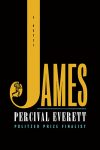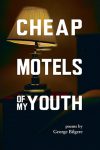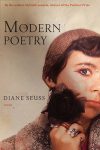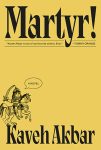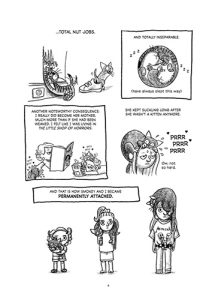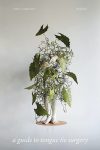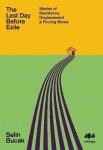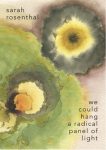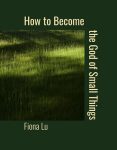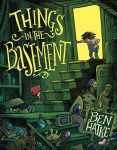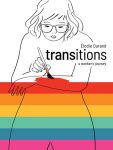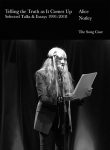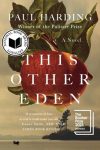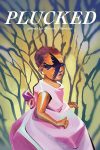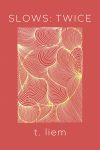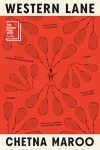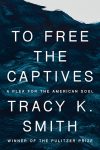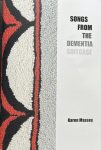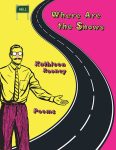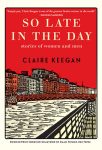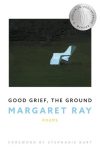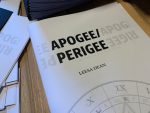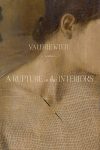
Guest Post by Jami Macarty
In A Rupture in the Interiors, Valerie Witte casts the “fugitive / dye” of her artistic attention on the manufacture of silk and the ruptures of skin, weaving an intricate and polyphonic textual fabric by blending the “intermittent hues” of her voice with the vocal registers and narrative threads from reference sources, such as the dictionary, a manual for growing silk, and a natural history of skin.
The multihued and multisensory poems bring to the fore the connections between the “fabrication” of silk and the “stratification” of skin and how each implies gender. For instance, marketing and advertising would have women desire silk clothing for its qualities of being like a second skin and would have them buy skincare products that promise skin like silk. As weavers “transfer the silk / to bobbins from skeins,” they tell the secret history of women’s work and high-risk labor in clothing manufacture. At the level of diction, the two monosyllabic words “silk” and “skin” share three of the same letters and a slant rhyme. These resonating qualities between the two words suggest the relationship between the skin-deep exterior and the penetrating interior central to the nine sequences that Witte has woven in her lyric, associative, innovative, and feminist second full-length collection.
As the title suggests, what makes itself felt and seen from the inside out, particularly as it pertains to the skin, forms the interior inquiry of the collection. The poems contemplate the phenomenon and vulnerabilities of skin, skin sensitivities and permeabilities, and how skin protects and maps a life, particularly that of a woman in a society that prizes female perfection. Such a beauty standard denies the systemic eventuality that “what lies dormant for years | suddenly reappears.” In the end, skin’s hair, “redness,” “capillaries,” “bumps,” “wrinkles” and other “impressions” form “bodies of evidence,” “tissue of stories unfolding.”
Witte’s poems, “assembled / [by] a recruitment of parts,” turn as “a woman’s wheel turned… / never failing,” “treating the wounded” in “a bewilderment / process / called / reckoning,” making A Rupture in the Interiors a moving and permeating read.
A Rupture in the Interiors by Valerie Witte. Airlie Press, October 2023.
Reviewer bio: Jami Macarty is the author of The Long Now Conditions Permit, winner of the 2023 Test Site Poetry Series Prize, forthcoming fall 2024, and The Minuses (Center for Literary Publishing, 2020), winner of the 2020 New Mexico/Arizona Book Award – Poetry Arizona. Jami’s four chapbooks include The Whole Catastrophe, forthcoming summer 2024 from the Vallum Chapbook Series, and Mind of Spring (Vallum, 2017), winner of the 2017 Vallum Chapbook Award. To learn more about Jami’s writing, editing, and teaching practices visit her author website.


